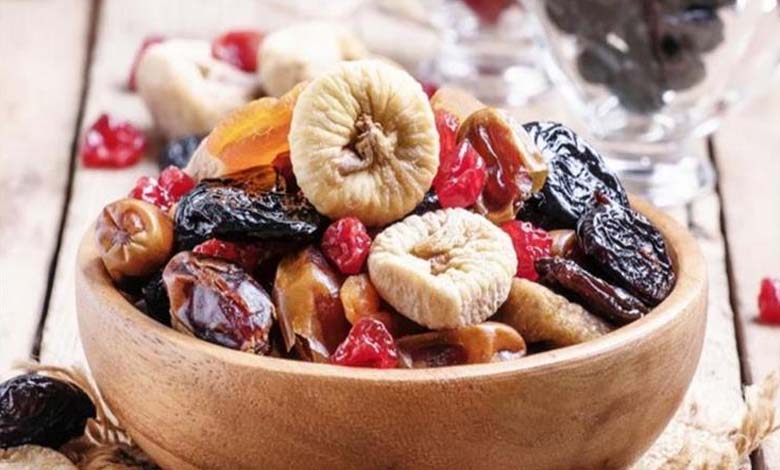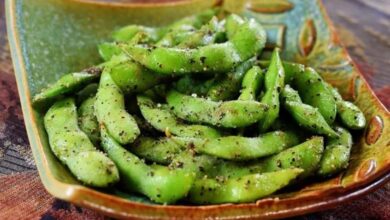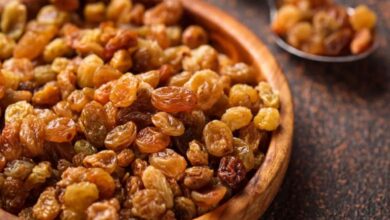Health – 10 Foods you’re not eating enough

L’hypertension represents the most frequent chronic disease in our country. Little taken seriously, it nevertheless constitutes, when it is not controlled, one of the main causes of cardiovascular complications cerebrovascular or neurodegenerative (myocardial infarction, stroke, Alzheimer’s disease, etc.).
Age and heredity play an important role in the occurrence of this chronic disease. However, you should know that your lifestyle will be just as decisive. In addition to reducing your consumption of salt, it is also essential to limit fat, processed foods and certain drinks. Food can really help you regulate your blood pressure.
Too little potassium in your diet can contribute to high blood pressure. “Potassium helps balance the amount of sodium in your cells. A good balance of potassium is essential for good heart health”, shares the Mayo Clinic (American University Hospital and Research Federation in Rochester) to our English colleagues from Express.
Potassium will act on blood pressure by eliminating sodium through the urine
“If you’re not getting enough potassium through your diet, or if you’re losing too much potassium due to dehydration or other health issues, sodium [sel, ndlr] can build up in your blood,” the Mayo Clinic adds.
Excess sodium consumption is now recognized as one of the risk factors forhigh blood pressure and cardiovascular diseases.
“Excess salt stiffens the arteries and thus promotes high blood pressure, one of the main risk factors for myocardial infarction and Cerebral Vascular Accident (CVA)”, explains Raphaël Gruman, nutritionist.
Filling up on potassium-rich foods is a good way to regulate blood pressure. This mineral plays an important role in the maintaining a heartbeat normal. Beware, however. Excess potassium can be harmful for people with kidney failure.












